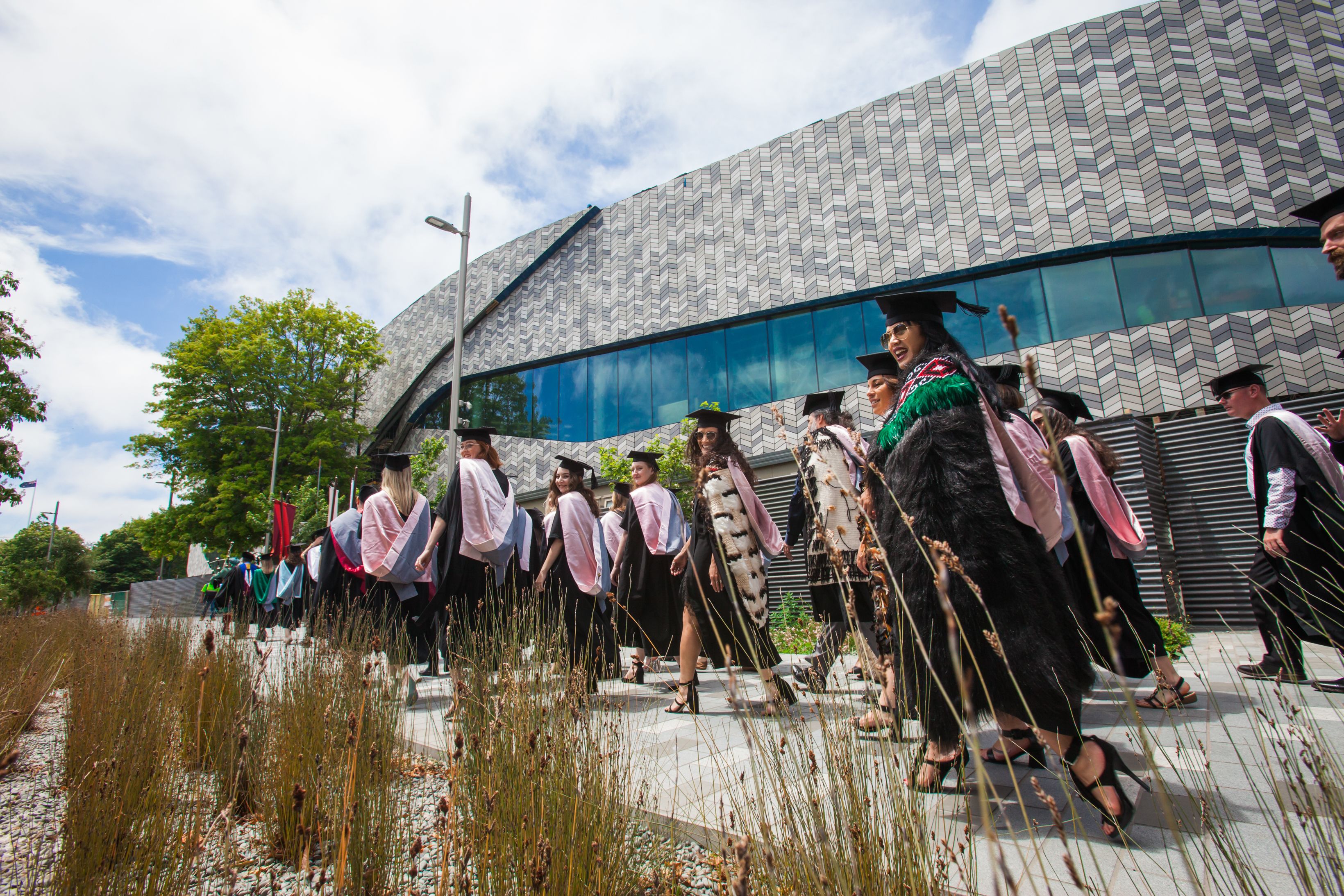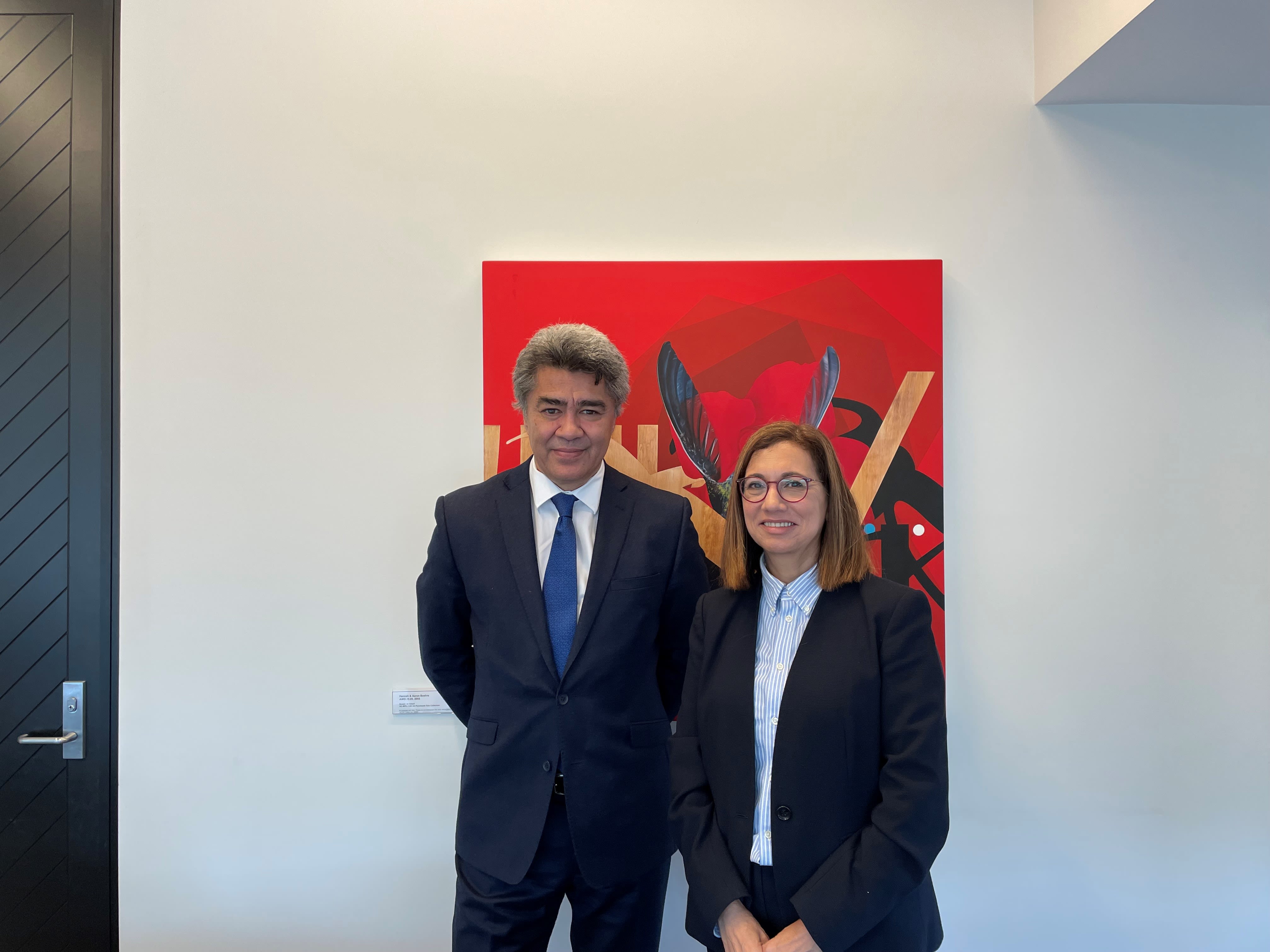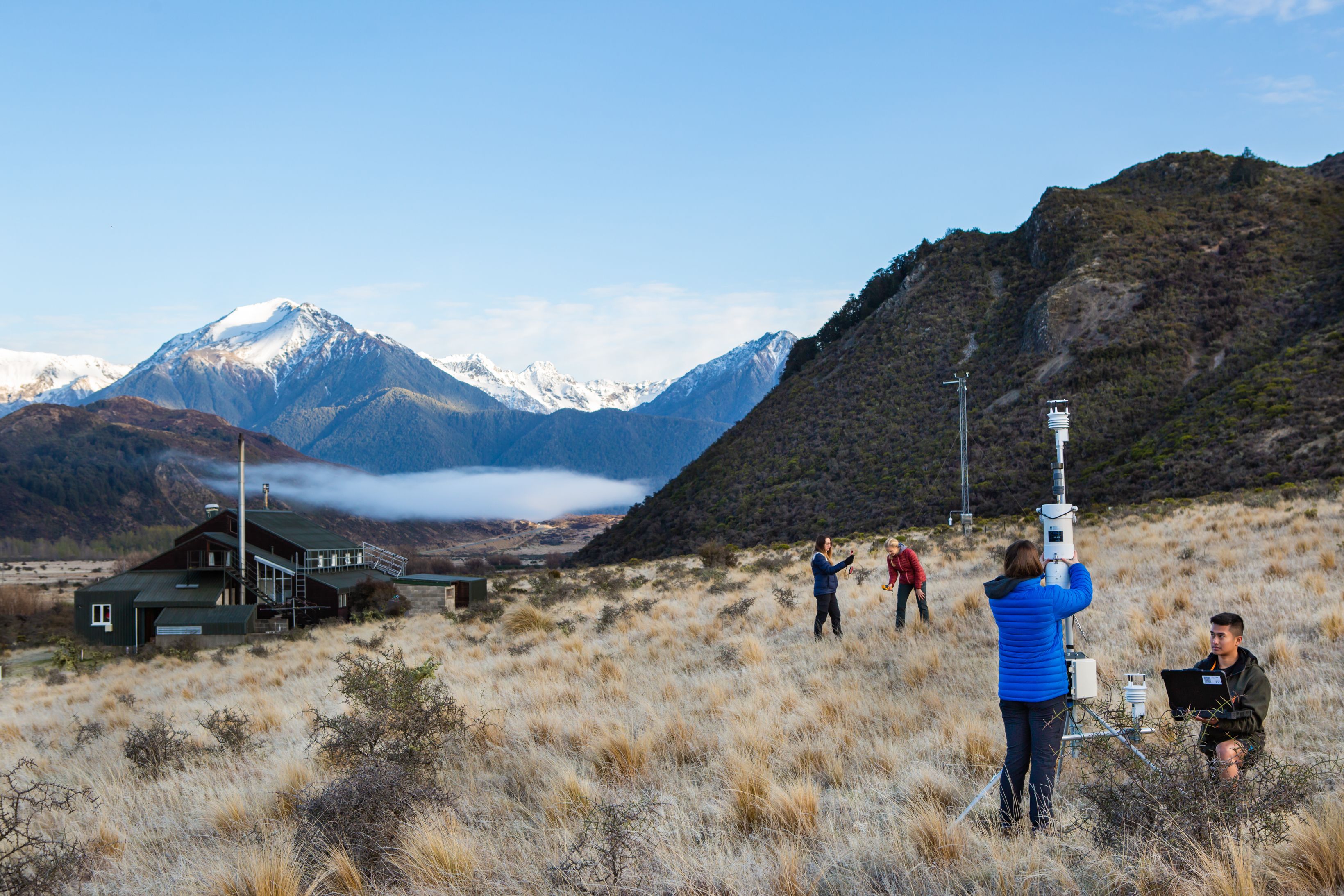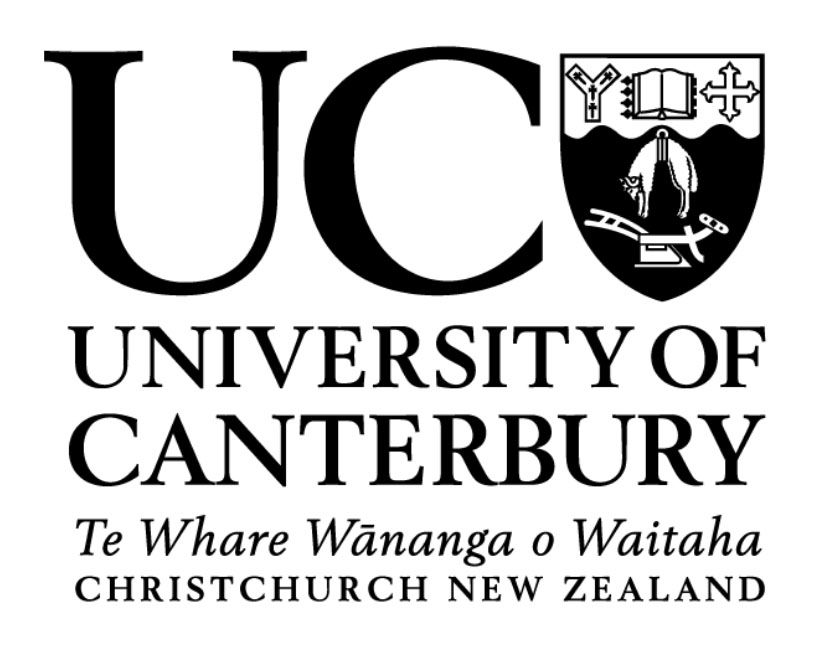In New Zealand, Close Māori Partnership Advances University’s Priorities

Te Whare Wānanga o Waitaha | The University of Canterbury (UC) in Aotearoa New Zealand has adopted a path-breaking partnership agreement with local Māori that is addressing how universities can engage with indigenous and First Nations people.
Leaders from University of Canterbury and local Māori hapu (subtribe) Ngāi Tūāhuriri, part of the larger iwi (tribe), Ngāi Tahu, signed an agreement in March 2019 that signaled the university’s willingness to chart a new course.
Until then, relations between Ngāi Tahu and the university had been distant or even non-existent at times, with previous agreements stalling and stagnating.
Aotearoa New Zealand has a unique historical context. In 1840, Māori chiefs and representatives of the British Crown signed Te Tiriti o Waitangi (the Treaty of Waitangi). Some of the Treaty’s main objectives were to protect Māori culture and their way of life, and to ensure the development of Aotearoa New Zealand together in partnership with the Māori. Today, the Treaty continues to inform Aotearoa New Zealand’s approach to equity, diversity, and inclusion.
At the University of Canterbury, the Treaty provides the framework for Māori relations. In 2021, the university worked in partnership with Ngāi Tahu to establish an Office of Treaty Partnership, the first in Aotearoa New Zealand to do so. As Ūpoko (head) of Ngāi Tūāhuriri, Professor Te Maire Tau was appointed Pou Whakarae (leader).
This gave way for establishing a direct relationship with the University of Canterbury’s Tumu Whakarae (vice-chancellor, a role equivalent to president in U.S. universities), Professor Cheryl de la Rey. Although distinct in their individual roles, Tau and de la Rey share the same standing as “whakarae”, acknowledging the balance in their formal working relationship. Language matters here; the common denominator between the two roles, ‘whakarae’, acknowledges the standing of the roles, and formalizes the working relationship between the Pou Whakarae and Tumu Whakarae.

Professor Cheryl de la Rey (Tumu Whakarae | Vice-Chancellor) and Professor Te Maire Tau (Pou Whakarae)
Professor Cheryl de la Rey (Tumu Whakarae | Vice-Chancellor) and Professor Te Maire Tau (Pou Whakarae)
Throughout the education sector in Aotearoa New Zealand, institutions are encouraged to uphold the principles of the Treaty, which are partnership, protection, and participation. Advancement of these principles throughout the country’s various government departments is supported with national frameworks and legislation. The education sector in this country is also strongly encouraged to uphold and incorporate the principles of the Treaty.
For example, the New Zealand Education Act 2020 recognizes “the Crown’s responsibility to give effect to Ti Tiriti”, where it is a legal obligation to “give effect”. As the country moves forward on how best to work together in mutual understanding, the public discourse has shifted to: How do we go beyond mere consultation and participation, and move towards more authentic and comprehensive partnership that delivers to the aspirations and self-determination of Māori?
A successful Treaty relationship will mean knowing exactly what iwi will want from their universities in explicit terms. This will include asking questions like: How many Māori engineers can be produced for infrastructure development, and how will our economists develop a generating economy that meets tribal needs?
Dialogue between iwi and universities is important to clarify issues such as what constitutes quality and success. Whilst Ngāi Tahu has made it clear that the iwi values authenticity in its traditional knowledge system that is still relevant for knowledge domains like environmental sciences, for example, Ngāi Tahu also has always valued new emerging knowledge and technologies because it advances tribal wellbeing and the wellbeing of the Māori community. Iwi and the University are exploring international partnerships where there is shared interest in embracing wider models of success.

The Office of Treaty Partnership at the University of Canterbury is prioritizing the advancement of academic leadership on campus, focused on the recruitment of top scholars — an effort that would not be possible without the support of Māori academics at UC. The university has also launched the Vision Mātauranga Development Fund to develop mutually beneficial research partnerships with Māori communities. Among the fund’s priorities is pursuing strategic international partnerships that support the building of intellectual capital and tribal development, signing a Memorandum of Understanding agreement this year with the Tulo Centre of Indigenous Economics as well as Thompson Rivers University in Canada.

It’s early days, but the seeds of partnership the university is planting today will become sturdy trees in the future. Supporting the academic success of indigenous students and nurturing indigenous academics is key to addressing past injustices and will contribute to the success of entire communities.
Higher-education institutions should embrace working with indigenous communities through authentic partnerships. We acknowledge that the University of Canterbury didn’t get it right in the past — a topic critically explored in our 150th history book, which will be released in December. However, we also found that it was not too late to address past wrongs. Establishing formal partnerships is an excellent foundation to build from.
This content was paid for and created by The University of Canterbury. The editorial staff of The Chronicle had no role in its preparation. Find out more about paid content.



